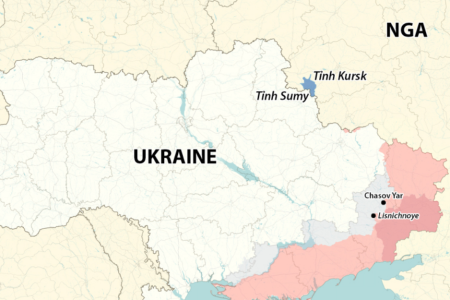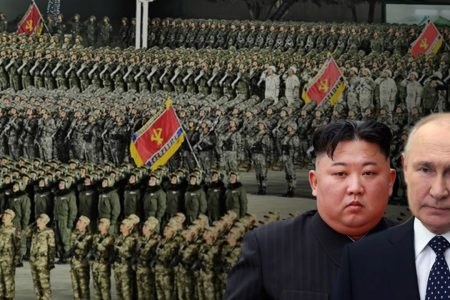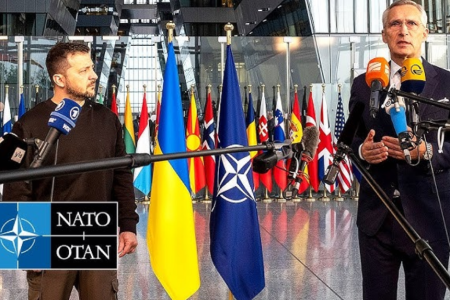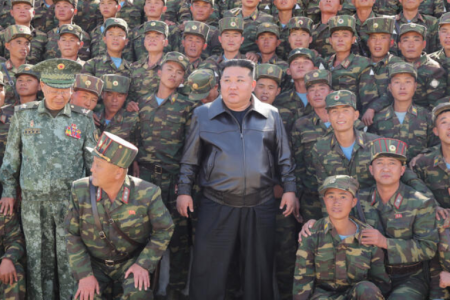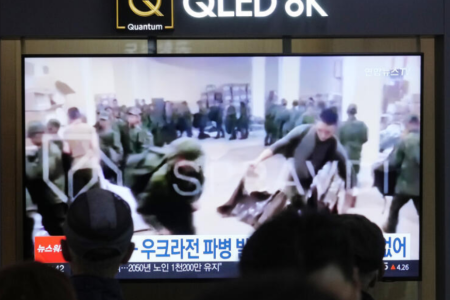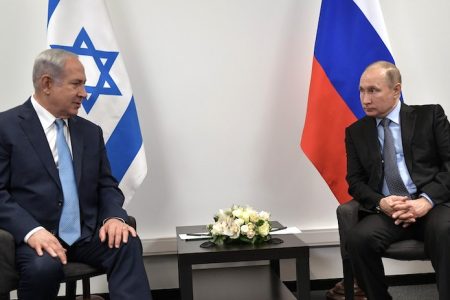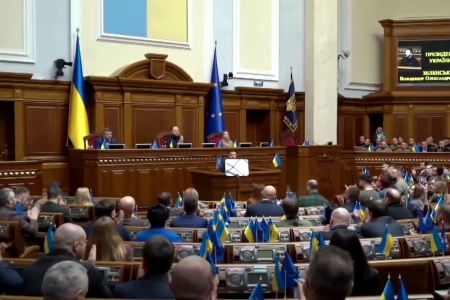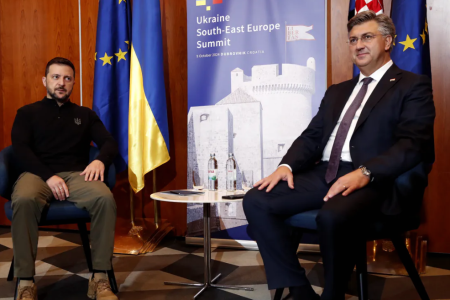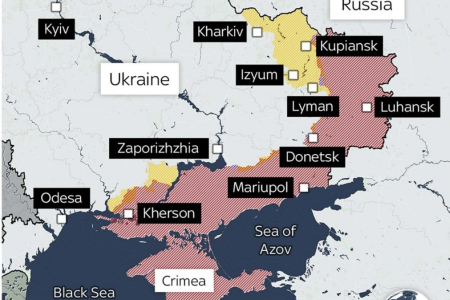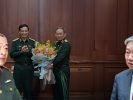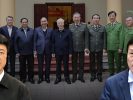
From the day Joe Biden entered the White House, Washington has maintained a tough stance towards Beijing and has clearly shown an interest in strengthening the US role in the Indo-Pacific region. Vietnam is said to be very pleased with America’s tough line toward China, but at the same time somewhat concerned on some points, especially regarding human rights.
From the very first day of his inauguration, Joe Biden has shown a distinctly tough attitude towards China, the latest example being the March 25, 2021 announcement during a press conference at the White House, as he emphasized his determination to coordinate with US allies to force China to bear the consequences of its behavior on Taiwan, Hongkong, and South China Sea (Vietnam calls it the East Sea) issues, as well as on how to treat with the minority of Xinjiang Uighurs, and forcing China to comply with international fair trade laws.
“Biden is Trump plus human rights”
Commenting on the general line of the Biden administration towards China, the French daily Le Monde on March 23 had an interesting formula that, from Beijing, “Biden is Trump plus human rights,” which is even worse for China.
The newspaper listed a series of documents: “Tariffs? Still maintained. Measures against China, ZTE, and other Chinese tech giants? Continue to be strengthened. Shameful list of Chinese officials punished by name for their policies in Xinjiang or Hong Kong? Extended.”
In the diplomatic and strategic sphere, the US has strengthened alliances and partnerships with the Indo-Pacific countries with the aim of curbing China’s expansion.
On March 16, 2021, in Japan, US Secretary of State Antony Blinken did not hesitate to speak out against the use of “coercive and aggressive” tactics, claiming that Beijing’s territorial claims in the East China Sea and the South China Sea have increased tensions in US-China relations. Mr. Blinken warned: “We will retaliate if necessary when China uses coercive and aggressive means to achieve its goals.”
Vietnam is satisfied but also concerned
For American expert Derek Grossman of the Rand Corporation Consultation Center, the toughness of the Joe Biden administration towards China can both make Vietnam happy and create certain anxiety. In the Japanese journal The Diplomat on March 16, 2021, the US expert said that with the Biden administration, US-Vietnam relations will continue to go up, although there are still certain obstacles.
According to Mr. Grossman, the first signs that the Biden administration revealed about the “very positive” Asian policy towards Vietnam. It seems that the Biden administration will fundamentally uphold the Trump administration’s Indo-Pacific strategy, keeping the region “free and open,” avoiding Chinese bullying, but with words gentler and more emphasis on strengthening relations with allies and partners.
According to American experts, under Donald Trump, Vietnam is a country that enthusiastically supports the US Indo-Pacific strategy, although it does not make a public declaration to avoid vain aggression against China. Hanoi appreciates Washington’s focus of attention on the region, especially over sovereignty disputes with Beijing in the South China Sea.
Vietnam welcomes US assistance through its activities to protect freedom of navigation (FONOP) and official statements. And in a short period of time since taking power, the Biden administration has conducted three publicly-disclosed freedom of navigation campaigns in the South China Sea, twice near the Truong Sa (Spratlys) and once in the Hoang Sa (Paracels).
In addition, Foreign Minister Antony Blinken reaffirmed the shift of the South China Sea policy announced by predecessor Mike Pompeo in July 2020 to recognize the existence and legitimacy of exclusive economic zones (EEZs) of the parties opposed to China’s claim to “nine-dashed line” which was based solely on historical rights and in contravention of international law.
Singapore and Vietnam are highlighted by the US in the ASEAN bloc
Furthermore, it is clear that the Biden administration plans to continue the Trump administration’s direction of power competition with China. This is a good thing for Hanoi as Washington is demonstrating a long-term determination to push back Beijing’s ambitions.
Finally, Hanoi can be pleased by the recent Biden administration’s decision to specifically name Vietnam a major partner in the Indo-Pacific region.
In the “Interim National Security Strategy Guide” released on March 3, the Biden administration clearly states: “We will… work with New Zealand, as well as Singapore, Vietnam and members of the Association of Southeast Asian Nations (ASEAN), to promote shared goals.”
Sensitive profiles
However, according to expert Grossman, the new line of the Joe Biden administration certainly has many points that make Vietnam worry, first of all, the focus that Washington places back on values, such as democracy, freedom, and human rights, which are extremely sensitive issues for the leaders of the Communist Party of Vietnam.
For Hanoi, there may be some concern about the potential consequences of tighter alignment with a louder Washington administration on these records, as the US is doing with China, said the US expert.
Besides, there are doubts dating back to the Donald Trump era. Hanoi may be concerned about whether the Biden administration will take action against Vietnam over allegations of currency manipulation. There is also another factor, dating back to the Trump era, the ability of the US to punish Vietnam for buying Russian military equipment.
Even on the South China Sea issue, Vietnam needs to pay more attention. After the Quartet ministerial meeting in February, Washington’s announcement did not mention the South China Sea issue – a worrying sign for Hanoi. That omission, however, was supplemented with the Biden administration’s statement following the first Quad Summit on March 12.
That statement stated: “We will continue to prioritize the role of international law in the maritime domain, especially as reflected in the UN Convention on the Law of the Sea UNCLOS, and facilitate coherence, cooperation, including in the area of maritime security, to respond to challenges to the legal-based maritime order in East China and South China Seas.”
Vietnam wants a Joe Biden-Nguyen Phu Trong summit?
Finally, expert Grossman mentioned an immediate concern of Vietnam is wanting to arrange a time for General Secretary Nguyen Phu Trong of the Communist Party of Vietnam to come to the White House to contact US President Biden.
The only time the event took place was in January 2015, too long ago, and according to Grossman, if Hanoi fails to settle such a summit this year, it will be seen as a step back.
The US researcher concludes: Overall, all of the above challenges can be overcome thanks to the positive and significant dynamics of the US-Vietnam bilateral relationship.
In the future, the Biden administration may seek to alleviate Vietnam’s concerns to further strengthen Hanoi’s support for the US Indo-Pacific strategy, such as inviting Nguyen Phu Trong to visit the White House.
For its part, Vietnam should be open to the new administration in the US and potential changes in Washington’s approach over the next four years.
Thoibao.de (Translated)



